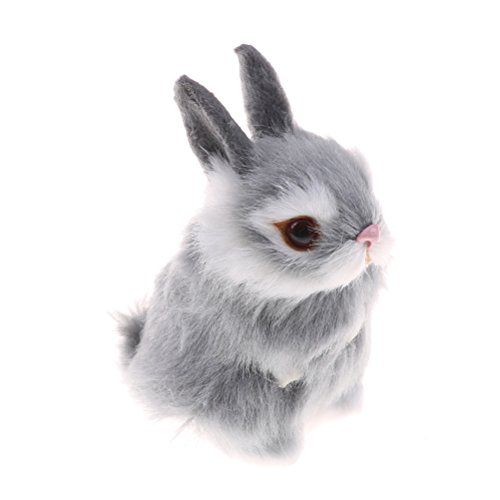iluvdutchrabbbits90
Well-Known Member
Ok so my litter of 4 dutch were born the 29th. Yesterday when i ckecked them they were not full at all. We got goat milk from are vet and i have been feeding them that twice a day. She is still cleaning them and they are still in the nest with her. But is their a shotthe vet can give her to bring her milk in? If so shes going to the vet as soon as the sun comes up! Its the only chocolate in the litter im worried about as he/she is kind of boney.






































































